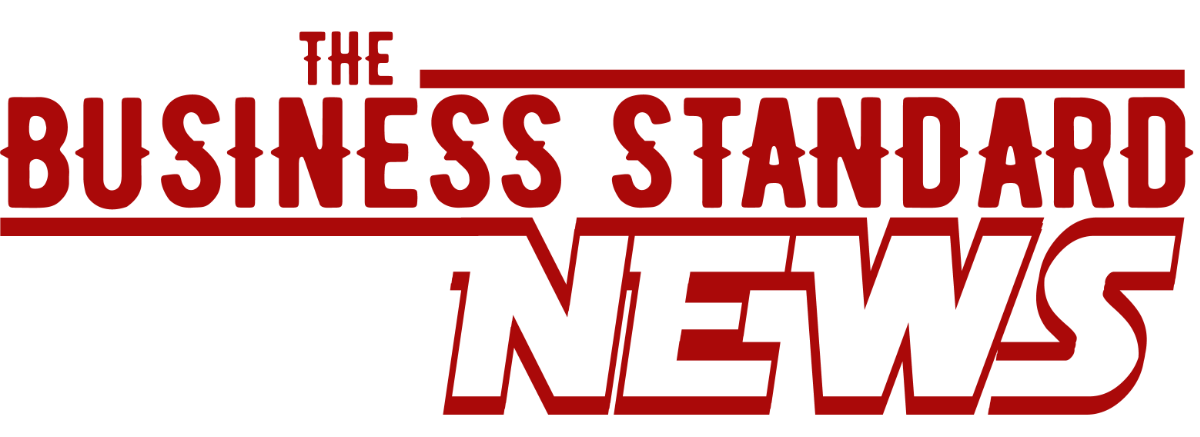
Well done, you did something right because you have been shortlisted for an interview. However, the hard work is not quite over yet! In fact, this is where the real work takes place. You wowed them with your skills, qualities, and experience on paper. But, now the time has come for the individual they liked in words to come to life in front of them in person.
This is, however, one of the critical times when many individuals make a number of mistakes that stop them from landing the role they always wanted. Do not fear, though. I am here to reveal some of the common mistakes you should never repeat yourself.
Table of contents [Show]
Don't be Late
This may seem like a common one, but the truth is, for many people, this is the one mistake they can make that can stand in the way of getting a job. It really doesn't matter where you live in the world. Being punctual is a top tip for job interview success. For example, in the UK, you can visit Streetmap.co.uk for good maps, which will give you the opportunity to work out where your interview is located.
If you live outside your country, use the popular site Google to find your alternative. To plan your journey, use Journey Planner from TFL. Plan, get a good night's sleep, and organize your clothing the night before. Just make sure that you leave yourself ample time to reach your destination.
Don't Turn Down Opportunities To Get Comfortable
Many people believe that if they take off their coats when asked or accept the glass of water offered to them, this is a mistake. It isn't. In fact, it is more of a mistake not to receive these offers than vice versa. The prospective employer is trying to work out how nervous you are and how inviting you are, and they will be looking for signs of your nervousness throughout. Take control of the situation, take off your coat, and drink sips of water in between answering questions. It actually does the opposite and calms your nerves, not vice versa.
Uphold Your Personal Etiquette
Do not fiddle, move around in your chair, respond before the interviewer has stopped talking, and don't play with your hair or clothing items. Imagine what etiquette you need to have before eating at an expensive restaurant. The notion is the very same here. Carry yourself in a presentable and respectable way. Ensure that their attention is focused on your words, not your actions.
Don't Show Ignorance About The Company
Prospective employers love it when you have researched the position you are applying for and the company you want to work for. Once you learn that you have been offered an interview, get on the internet and research the company's aims, vision, and overall ethos. Find out when they began what they specialize in, and establish who their competition is.
One vital aspect you must consider is the company's policy regarding equal opportunities within the workplace. Look over the role you want to attain and look at the key competencies and skills that you will need to possess in order to land the role.
Don't Ask About The Salary
Let them broach the subject! The question I have always despised the most within an interview situation is, 'why do you want to work for us.' It really doesn't matter how much you like an organization. The first reason you want to work for them is to get paid. This world isn't free, and with mounting bills behind you, you just need to earn a wage.
The important thing, though, is that you NEVER SAY THIS. From the moment you mention your wage expectation without being asked, you have more or less put the nail in the coffin. Let the employer put forward the question of money. If they do, feel free to express your salary expectations.
Don't Put Down Your Past Employer
There are a number of reasons why a person may leave their prior place of work. For many, problems with their management or the organization as a whole might be to blame. However, the interview process is not the time to bring up these issues or to insult your past employer. What did you take from the situation, and what skills did you develop in that role? Talk about the pros rather than the cons.
Don't Disclose Your Sensitive History
There are sometimes a number of things that you may not want to share with your prospective employer as you may feel it doesn't show you in a good light. I am speaking about health issues, employment background, education, etc. However, when you don't disclose these grey areas, this is often seen as a breach of trust.
Organizations have an equal rights policy in place to not only protect existing staff members, but you can also use it in the event that you feel you haven't been offered a position because of issues with the above. Confidence is what is needed to speak about these issues. They don't define you. They simply add to your character and experience.
